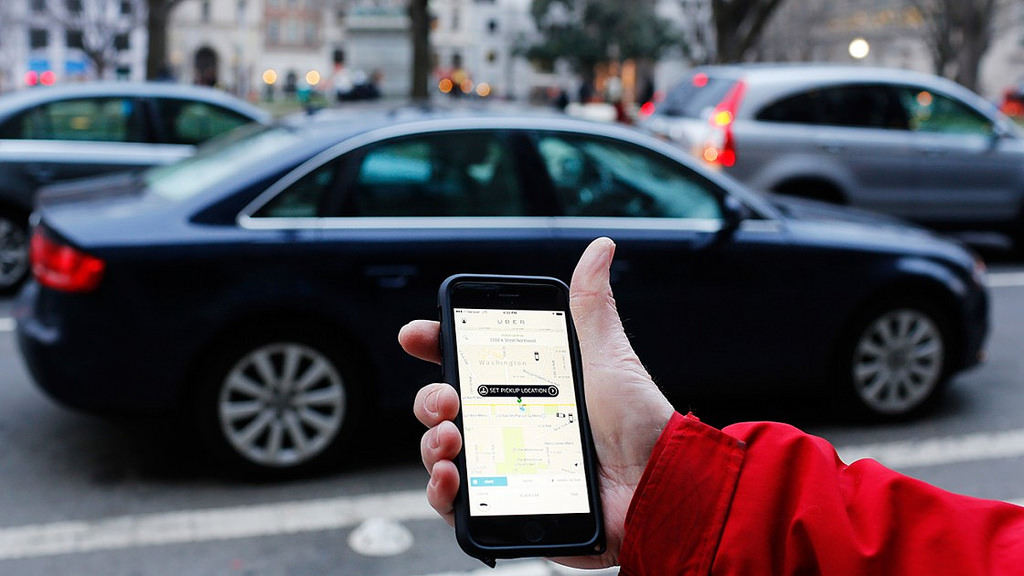
It would be difficult to argue that 2017 was an easy year for ride-sharing company Uber. With a slew of technical issues, lawsuits, complaints about company culture, and exits by prominent Uber employees, many thought 2017 would be the year we see the end of Uber.
However, the ride-sharing company doesn’t seem to be feeling the sting of this scandalous year as much as one might think. The company still boasts over 40 million monthly riders and roughly 160,000 drivers. Wondering what 2018 might bring them? Let’s take a look at some of the issues that have already come up this year for Uber, and how they’re handling it.
More Cambridge Analytica Drama
Cambridge Analytica has been in the news a lot in recent weeks due to its involvement with the massive Facebook data breach that led to Mark Zuckerberg having to testify in front of Congress. Uber recently found itself in the Cambridge Analytica spotlight, under suspicion of having met with a representative from CA.
A staffer from CA claimed that executives from the company had met with the Uber CTO sometime in the last two years. While she didn’t name the current CTO Thuan Pham specifically, it casts Uber in a negative light, especially if these allegations are proven to be true.
Another whistleblower from CA, Chris Wylie, has stated that to the best of his knowledge, CA has never used Uber data, but that doesn’t mean that they don’t have access to it — a thought that has many users concerned.
Uber will have to do a lot of damage control concerning their relationship, if any, with Cambridge Analytica, to repair their reputation and ensure that their user information is secure.
Uber and “Hell”
Uber and Lyft are in constant competition with one another – they work in the same markets and some drivers even work for both companies to supplement their own incomes. This might seem like an ideal scenario for the drivers, but as it turns out, Uber hates competition and may be willing to go to nearly any lengths to prevent people from competing with them.
Lyft drivers recently lodged a Class Action suit against Uber, alleging that Uber is tracking Lyft drivers and intercepting communications to allow Uber to keep track of where the nearest Lyft drivers are, how much they’re charging, and even who is driving for both companies.
This isn’t the first time that Uber has been accused of spying on their users. In 2014, the company’s “God View” program allowed them to track both drivers and users who had flagged down a ride. They used it as a party trick for their launch parties whenever they moved into a new city — and it would have been an effective marketing tool if it was anonymous for the drivers or the riders, but it was anything but.
Hell is thought to be an offshoot of the God View program, introduced into the Lyft servers by fake user accounts created by Uber — all allegedly, of course.
The lawsuit was dismissed by the presiding judge, but the fight isn’t going to end there — the judge is allowing the plaintiffs to amend their lawsuit to sue for monetary losses due to the unfair competition.
Uber still has a lot of work to do to fix their problems from 2017, let alone those that are cropping up in just the first quarter of 2018. Time will tell if they can repair the damage to their reputation and restore user confidence or if they’ll eventually fade into technological obscurity like MySpace.
Source Article from http://feedproxy.google.com/~r/blacklistednews/hKxa/~3/T9rW9aq6gVw/uber-tied-to-cambridge-analytica-among-other-usertracking.html
Related posts:
Views: 0
 RSS Feed
RSS Feed

















 May 1st, 2018
May 1st, 2018  Awake Goy
Awake Goy  Posted in
Posted in  Tags:
Tags: 
















